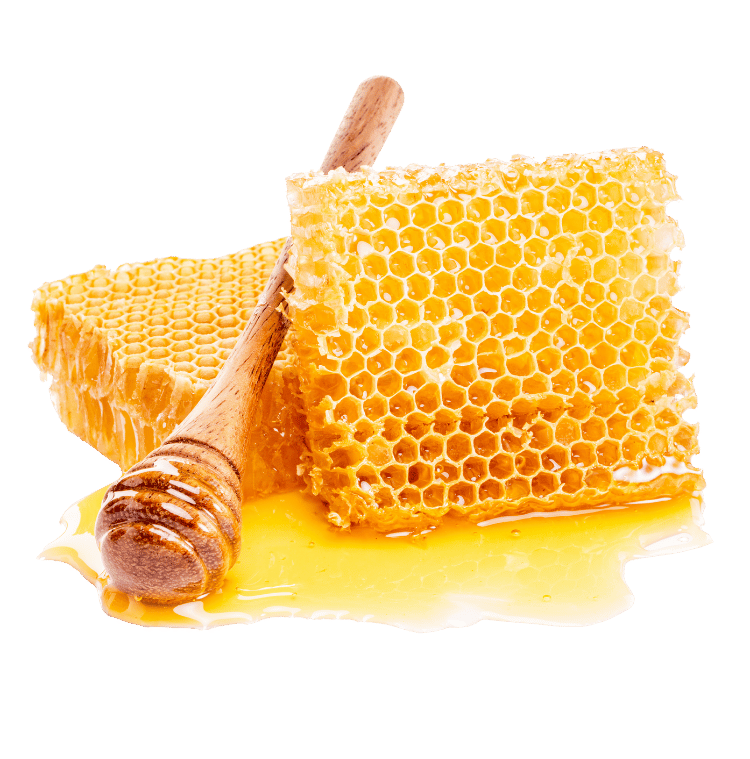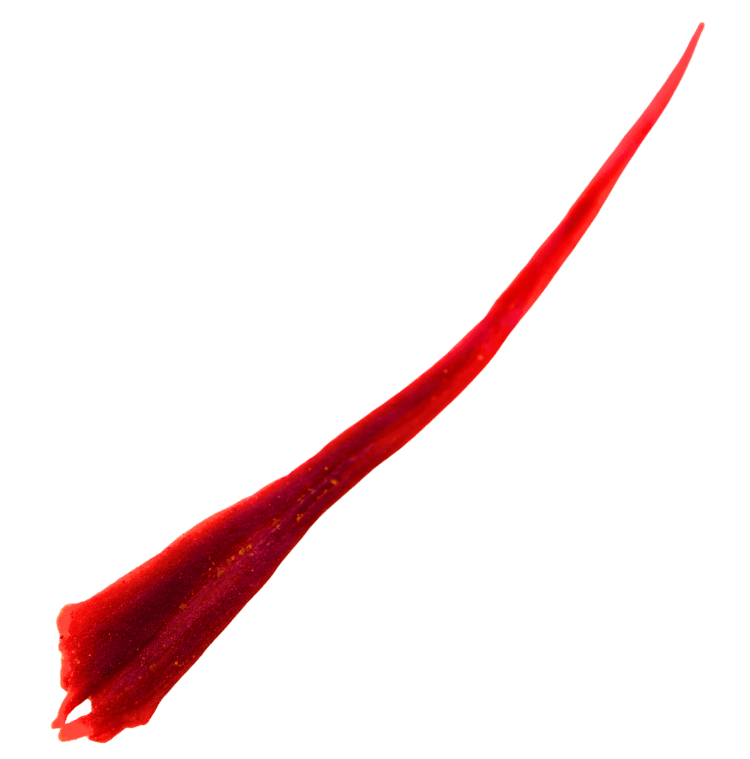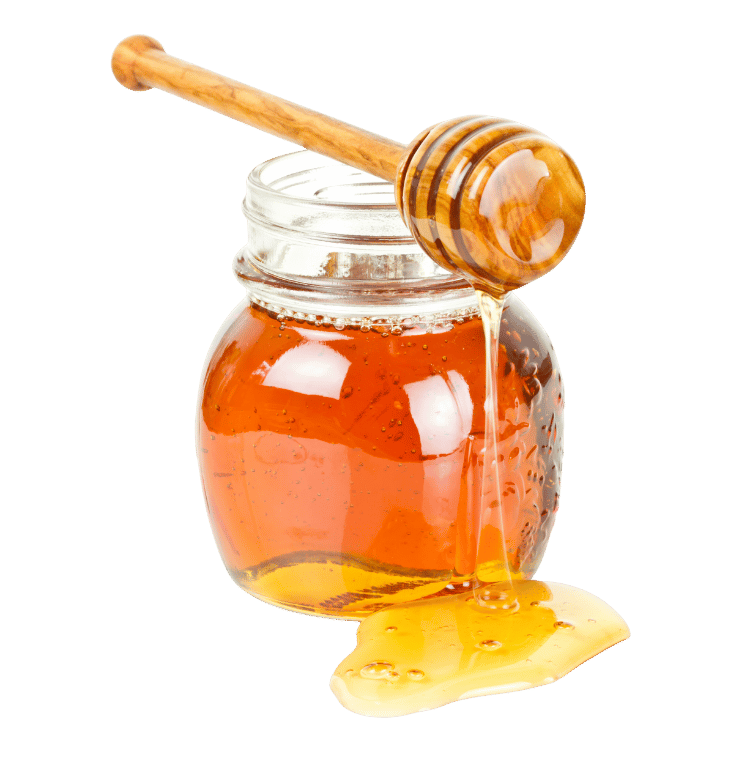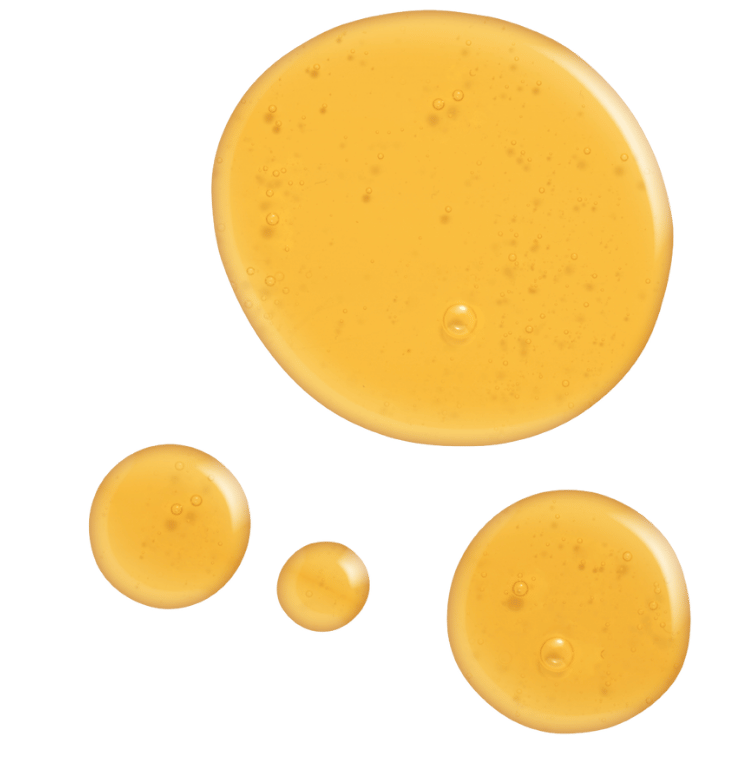Shipping Protection
- New Sunny Mood
- Body, Mind & Emotional Balance
- Super Antioxidants For Inflammation
Crafted with clinically studied saffron, wildflower & Manuka honey, Damask rose, and safranal, designed for you to experience a natural mood lifting, balance, and focus to your daily wellness ritual. Just one heavenly tasting gummy per day for a whole day of good vibes!
Saffwell™ Gummies are more than just a supplement — they’re a thoughtful wellness ritual. Rooted in ancient wisdom and elevated by modern science, each gummy blends clinically studied saffron with the soothing essence of Damask rose, and the natural sweetness of wildflower + medicinal Manuka honey.
Developed by women, physician-backed, and third-party tested for quality and transparency, Saffwell represents a new standard in integrative wellness. Every batch is carefully formulated, with no compromises.
Backed by clinical research, Saffwell® Gummies support:
- EMOTIONAL BALANCE: Clinical evidence suggests saffron is as effective as SSRI's in the treatment of anxiety and depression, without the common side effects like low libido and weight gain.
- ENHANCED FOCUS: Saffron has been studied against common stimulants for the treatment of ADHD, showing similar improvements in attention and hyperactivity, without the risk of dependence.
- WHOLE BODY SUPPORT: Naturally rich in antioxidants, saffron and honey defend against oxidative stress while promoting overall cellular and digestive health.
- WOMEN'S WELLNESS: Trials indicate saffron may reduce PMS symptoms including mood swings, irritability and physical discomfort like cramping and bloating.
- Physician-Formulated, Women-Owned — created with clinical expertise and care.
- Third-Party Tested — independently tested for purity, potency, and safety.
- Traceable Ingredients — from Super Negin saffron to Manuka honey, each ingredient is carefully sourced.
- No Compromises — no artificial colors, no fake sweeteners, no shortcuts.
- Recommended Dosage: Take 1-2 gummies daily.
- Best Time to Take: For optimal results, consume the supplement in the morning on an empty stomach or as advised by your healthcare professional.
- Consistency is Key: Incorporate the supplement into your daily routine to maximize its benefits.
- Optional Pairing: Pair with a balanced diet and a healthy lifestyle to enhance the effects.
- Always read the product label for specific instructions and consult your healthcare provider if you are pregnant, nursing, or taking medications.
What is in Saffwell®?



Super Negin Saffron
The most potent and rare type of saffron is the Super Negin that brings the full spectrum saffron compounds with over 150 known and unknown volatile and non-volatile compounds delivering a synergistic effect.

Damask Rose
Is a powerful antioxidant that helps protect cells from damage caused by free radicals. It supports healthy skin by promoting hydration and reducing signs of aging.

Raw Wild Flower Honey
Brings a quality sweetness and health benefits that set new standards due to quality and authenticity of the ingredients.

Saffwell®
Saffwell® (77.7 mcg Safranal Extract + 1.5mg Super Negin Saffron) delivers a full spectrum saffron experience enhanced with scientifically proven dosages for optimal results.

manuka Honey
Wild crafted from New Zealand with unmatched UMF 10+, it supports a strong immune system, promotes wound healing, and helps maintain healthy skin.

Pure ingredients
NO artificial colors, added sugars, fake sweeteners, high-fructose corn syrup, cane sugar, sucralose, xylitol, sorbitol, citric acid, or unhealthy chemicals.
Why Choose saffwell®?
See what makes Saffwell® Gummies stand out from the rest.
| Features | Our Brand | Brand A | Brand B |
|---|---|---|---|
| Scientifically Backed & Physician-Formulated | |||
| High-Purity, Clean Ingredients | |||
| Third Party Tested | |||
| 30 Day Money Back Guarantee |






